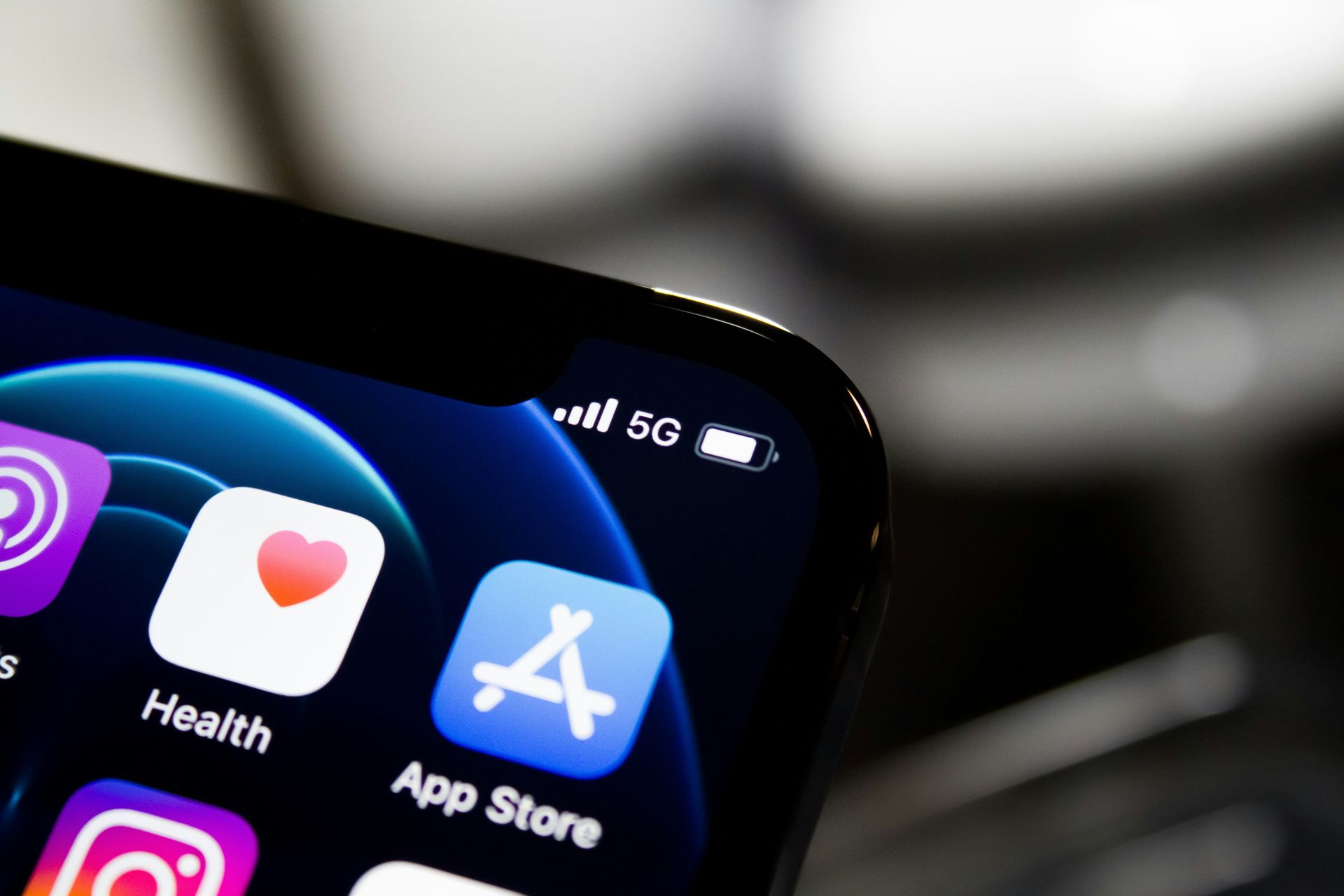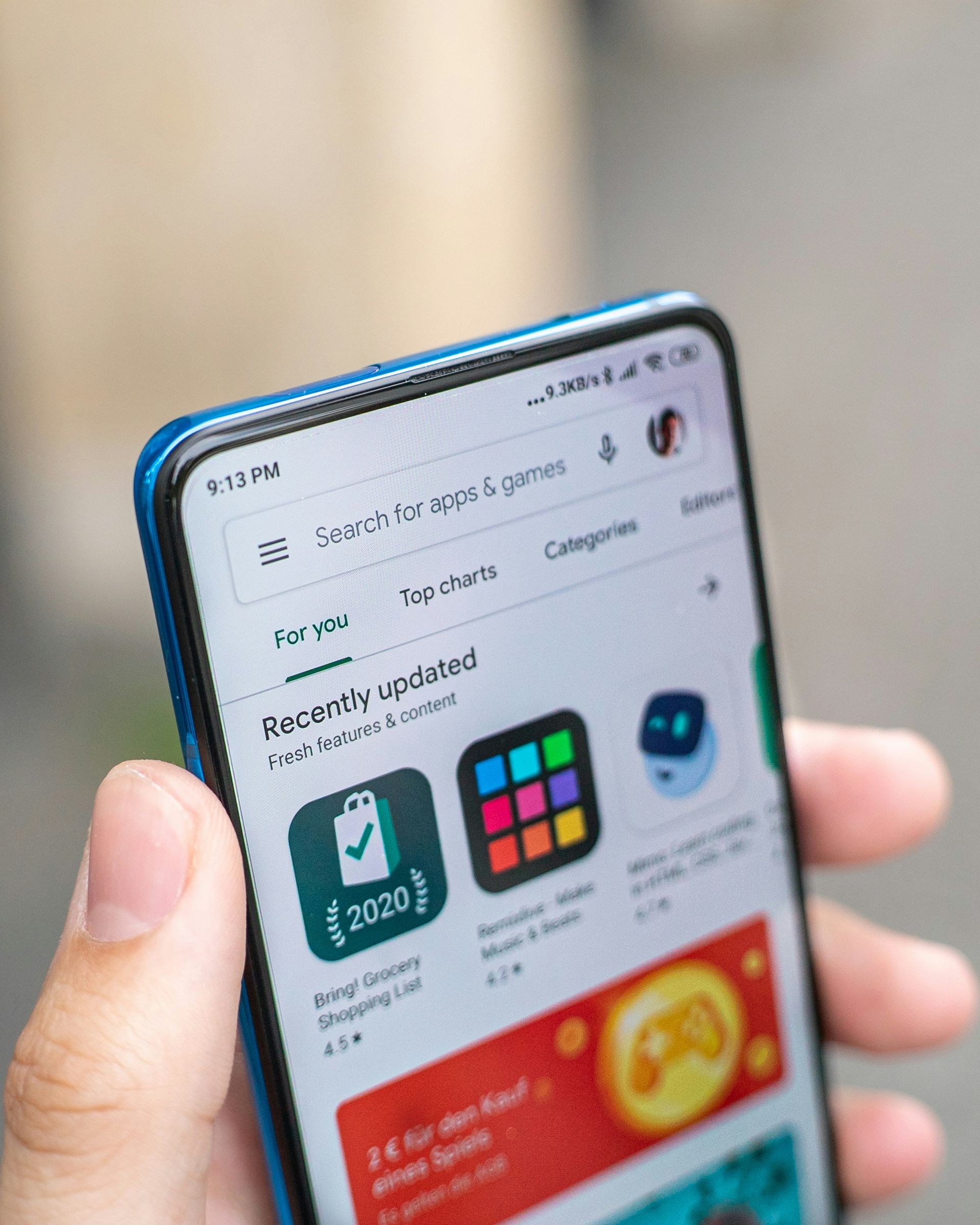Japan’s new legislation, the Act on Promotion of Competition for Specified Smartphone Software, is set to bring significant changes to the smartphone market. This law targets the dominant positions of tech giants Apple and Google. Currently, Apple and Google control the primary app stores on their respective platforms (iOS and Android). The new law mandates that these companies must allow third-party app stores to operate on their devices. This is significant because it breaks the near-monopoly that these tech giants have on app distribution.
For consumers, this change promises more options for downloading apps, potentially leading to better deals and a more diverse range of offerings. For developers, bypassing the stringent regulations and high fees imposed by Apple and Google could reduce costs and increase revenue. Increased competition among app stores could lead to improved services and innovations.

Another critical aspect of the law is that application developers will be allowed to use alternative billing services instead of being forced to use the proprietary payment systems of Apple and Google. This change has substantial financial implications. Developers can avoid the high commission fees, which can be as much as 30%, charged by these companies. The savings could lead to lower prices for in-app purchases and subscriptions, benefitting consumers. Additionally, developers can reinvest the saved funds into improving their apps and services, further driving innovation.
The law requires that users must be able to change default settings, such as the default web browser or email client, through simple procedures. This empowers consumers to personalize their devices according to their preferences without being locked into the pre-selected options provided by the manufacturers. For competitors, it means a fairer chance to compete with pre-installed apps from Apple and Google, potentially leading to a more vibrant and competitive market for such applications.
Prohibiting preferential treatment in search results
Apple and Google cannot favor their own services over those of competitors in search results without justifiable reasons. This measure ensures a level playing field where competing services have an equal chance of being discovered by users. It means getting a more unbiased selection of services based on merit rather than the company’s preference. This change is expected to enhance fair competition and promote a healthier market ecosystem.

Banning the misuse of competitors’ data
The new law also prohibits the use of data acquired from competing applications to benefit the companies’ own services. This measure is crucial for protecting the sensitive business information of competitors and preventing Apple and Google from gaining unfair advantages by exploiting competitors’ data. Ensuring data privacy and fair competition is a cornerstone of this legislative effort.
Equal access to OS-controlled features
Third-party developers must be given the same level of access to OS-controlled features, such as the NFC chip in iPhones, as Apple and Google’s own applications. This requirement is particularly notable because it addresses long-standing grievances about Apple’s reluctance to allow third-party developers access to essential features for functionalities like payments. By ensuring equal access, the law promotes innovation and competition, which ultimately benefits consumers with a wider range of functionalities and services offered by various apps.
Penalties
Non-compliance with these regulations could result in significant fines, up to 20 percent of the relevant turnover for the violating company. This stringent penalty underscores the seriousness of Japan’s commitment to enforcing these rules and ensuring that Apple and Google adhere to the new standards.
Featured image credit: Eray Eliaçık/Bing





